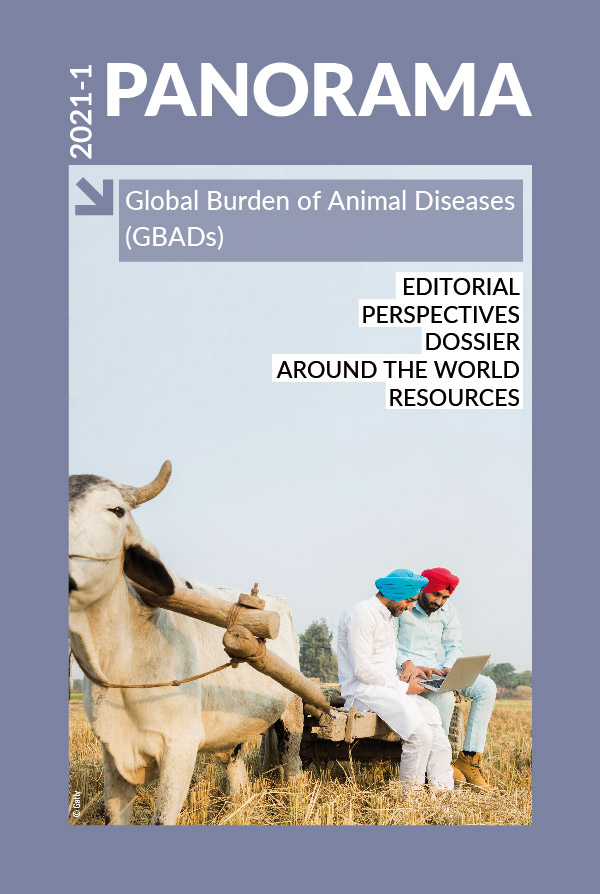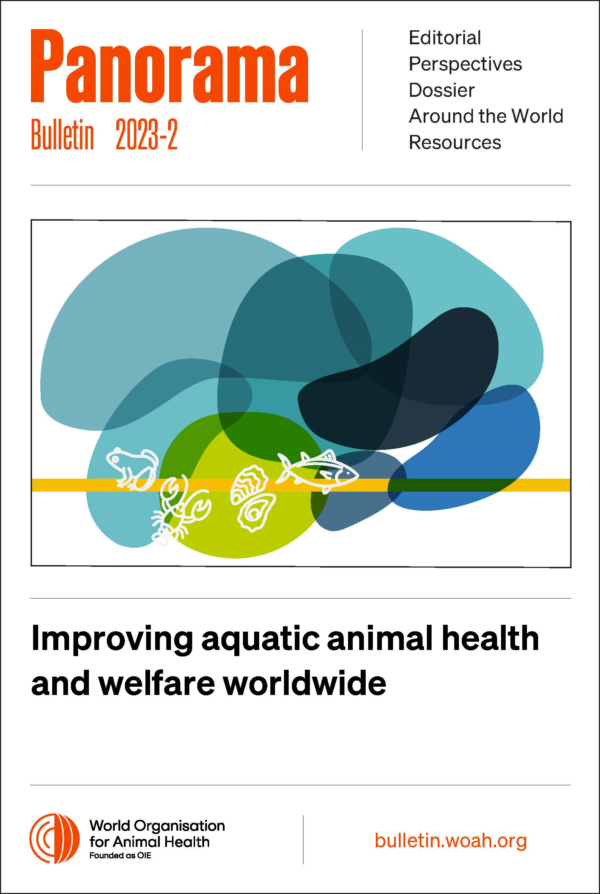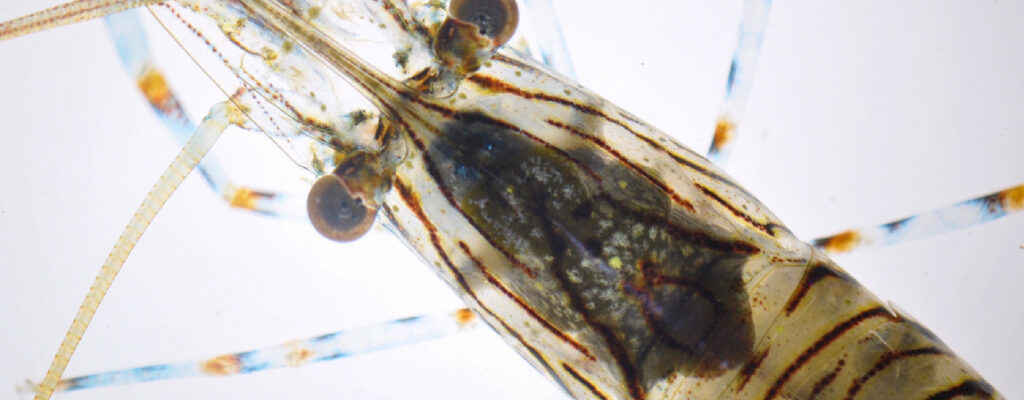Around the world Posted on 2021-08-16 11:14:21
Network initiatives
Supporting the Veterinary Services’ implementation of the GBADs programme, thanks to the OIE Training Platform
Keywords
Authors
N. Leboucq, Secretary of the OIE Training Platform for Veterinary Services, Capacity-Building Department, World Organisation for Animal Health (OIE).
The technical validity of a public animal health policy should be sufficient justification for it to be adopted and funded. Yet it still has to be demonstrated that the policy is acceptable and economically viable, so that decision-makers and beneficiaries can give it their approval and fully support its implementation. In particular, evaluating the cost of animal diseases and performing cost–benefit analyses should be considered essential and transparent tools that support decision-making and therefore good sanitary governance, thereby avoiding animal health remaining the poor relation when it comes to strategic decisions and public investments, especially in ‘peacetime’.
However, few of those working in the Veterinary Services know how to perform these analyses. One of the reasons is that initial and continuing veterinary education curricula are too heavily weighted in favour of technical subjects, to the detriment of a holistic approach to animal health. Public policies, including health policies, fall within the realm of the social and political sciences, teaching of which is often reserved for those seeking administrative careers.
What are the tools to help countries?
During the current reform of its training system with the help of a platform of pedagogical and technical experts, the OIE has launched the construction of a major component in this renovation: a Competence-Based Training Framework for the Veterinary Services. This Training Framework is structured around 15 ‘competency packages’ that together cover all the OIE’s standards, guidelines and other recommendations. One of these competency packages (CP14) will be entirely devoted to the economics of animal health.
The University of Liverpool in the United Kingdom, Utrecht University in the Netherlands and the Norwegian Veterinary Institute have formed a consortium to become the first OIE Collaborating Centre on the Economics of Animal Health. This Collaborating Centre will support the OIE in drawing up the terms of reference of CP14, which will be developed in collaboration with an extensive network of animal health economics experts and pedagogical experts, in many cases drawn from other OIE Collaborating Centres. This scoping document will describe: the animal health economics competencies required by the Veterinary Services; the training objectives by level; the target audiences; and links with the other competency packages and with the critical competencies of the OIE Tool for Evaluation of the Performance of Veterinary Services (PVS Tool) [1]. This introductory work, performed within the framework of the Global Burden of Animal Diseases (GBADs) programme, will provide the basis for complementary actions on the subject: preparation of new OIE guidelines, enhancement of the OIE PVS Tool, and the development of training modules – or the labelling of existing modules – on the economic concepts, methods and tools applicable in the field of animal health. The CP14 terms of reference and the new OIE pedagogical guidelines will provide a strict framework for these modules, in terms of both form and content.
https://doi.org/10.20506/bull.2021.1.3267
References
- World Organisation for Animal Health (OIE) (2019) – OIE Tool for the evaluation of performance of Veterinary Services. 7th edition.












